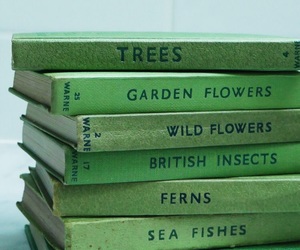- Dialogue: Baz Luhrmann kept the Shakespearian theatre alive in his interpretation by using the original Romeo and Juliet script in a modern-day version of the setting
- Fate: Baz Luhrmann uses the idea of fate in his interpretation by
- Religion: There are many references to religion in Romeo and Juliet, Romeo and Tybalt are seen with two lines of blood on his face (stigmata)
- Men dressed as Women: In Elizabethan times, Male actors played the roles of Women in Shakespeare’s plays. This is carried out in the modern day interpretation of Romeo and Juliet. At Capulet’s masquerade ball/feast Mercutio is seen wearing female clothes and appears to be dressed as a woman for the purpose of the party.
- Stage: The stage in the Romeo and Juliet modern interpretation replaces the Sycamore Grove where Romeo is said to be hiding out at the beginning of the script while he is dealing with his grief over Rosaline. The “stage” makes many appearances throughout the play (Where Romeo is hiding out while the street brawl is taking place between the two servants, before the Capulet feast, Where Tybalt finds Romeo after the feast and attempts to kill him but instead kills Mercutio who curses a plague on both their houses,
- Two families of corporations: In the original text of Romeo and Juliet, The Montague and Capulet families are described as “two households both alike in dignity”. In the modern interpretation of the play, the two families are seen as two major corporations. At the beginning of the film, two buildings are shown
- Swords and Guns:
- Mercutio talks about effects of dreams: Before the Capulet feast, Romeo tells Mercutio about a dream that experienced the night before. Mercutio goes on a tangent about dreams and how they are the children of an idle dream, queen mab the fairy and that Romeo taking drugs before the party.
- examples of fate: prologue: chorus vs Television, Friar John vs Courier post,
- l’amour: said in the film many times and shown in the background of many scenes.



Recent Comments